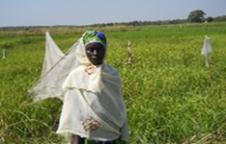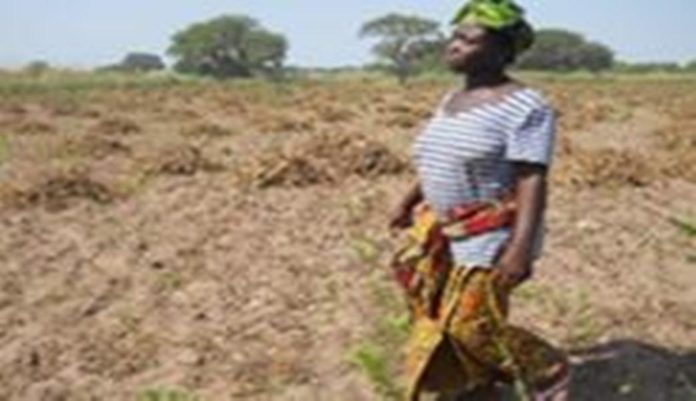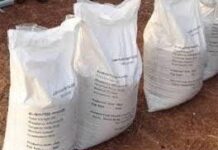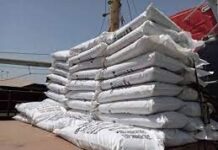This column is devoted to monitor and report on issues that relate to production, processing, preservation and marketing of agricultural produce, aimed at ensuring food security in the Gambia as well as the interventions of Government and Non-governmental Organizations in this regard.
Agriculture remains both a new and old source of national revenue and (youth) employment.
Improved public awareness and discussion of the issues involved, will significantly maximize agricultural outcomes and the contribution of the sector to economic growth and job creation.
This is precisely the reason why Farmers’ Eye is critically looking at every Agricultural programme or policy, to gauge whether our Agriculture and Natural resources are properly harnessed to ensure food self-sufficiency.
In the last editions, we highlighted the major constraints of Agriculture, land, which is key to Agricultural production. Land disputes are on the increase particularly at this time of the year, when the rainny season is fast approaching.
In the last edition, we indicated that Land types are divided into three categories in the Gambia: freehold land, customary tenure, and leasehold land.
The idea of freehold land tenure was derived from the historical precedent of the British system.
This system gave out freehold grants of lands for various reasons to individuals and companies.
Freehold land tenure is when individuals own the land outright, and the government cannot interfere with how the land is allocated and used.
Customary land tenure system originated from rules encompassed by Sharia law, and cultural practices.
Leasehold land tenure system is “an arrangement under which the landowner gives the land to someone else to use temporarily in return for rent.”
Section 192 of the Constitution states that “There shall be established a Land commission whose composition, functions and powers shall be prescribed by an Act of the National Assembly”.
This Act has already been passed and assented to but the commission is yet be functional.
Farmers’ Eye column called on the Executive to make this commission functional to address the series of land disputes in the country and in so doing, they should take into consideration the following:-
States should:
- Recognize and respect all legitimate tenure right holders and their rights. They should take reasonable measures to identify, record and respect legitimate tenure right holders and their rights, whether formally recorded or not; to refrain from infringement of tenure rights of others; and to meet the duties associated with tenure rights.
- Safeguard legitimate tenure rights against threats and infringements. They should protect tenure right holders against the arbitrary loss of their tenure rights, including forced evictions that are inconsistent with their existing obligations under national and international law.
- Promote and facilitate the enjoyment of legitimate tenure rights. They should take active measures to promote and facilitate the full realization of tenure rights or the making of transactions with the rights, such as ensuring that services are accessible to all.
- Provide access to justice to deal with infringements of legitimate tenure rights. They should provide effective and accessible means to everyone, through judicial authorities or other approaches, to resolve disputes over tenure rights; and to provide affordable and prompt enforcement of outcomes. States should provide prompt, just compensation where tenure rights are taken for public purposes.
- Prevent tenure disputes, violent conflicts and corruption. They should take active measures to prevent tenure disputes from arising and from escalating into violent conflicts. They should endeavour to prevent corruption in all forms, at all levels, and in all settings.
Source: Voluntary Guidelines on the Responsible Governance of Tenure. Courtesy of FAO and CFS



















